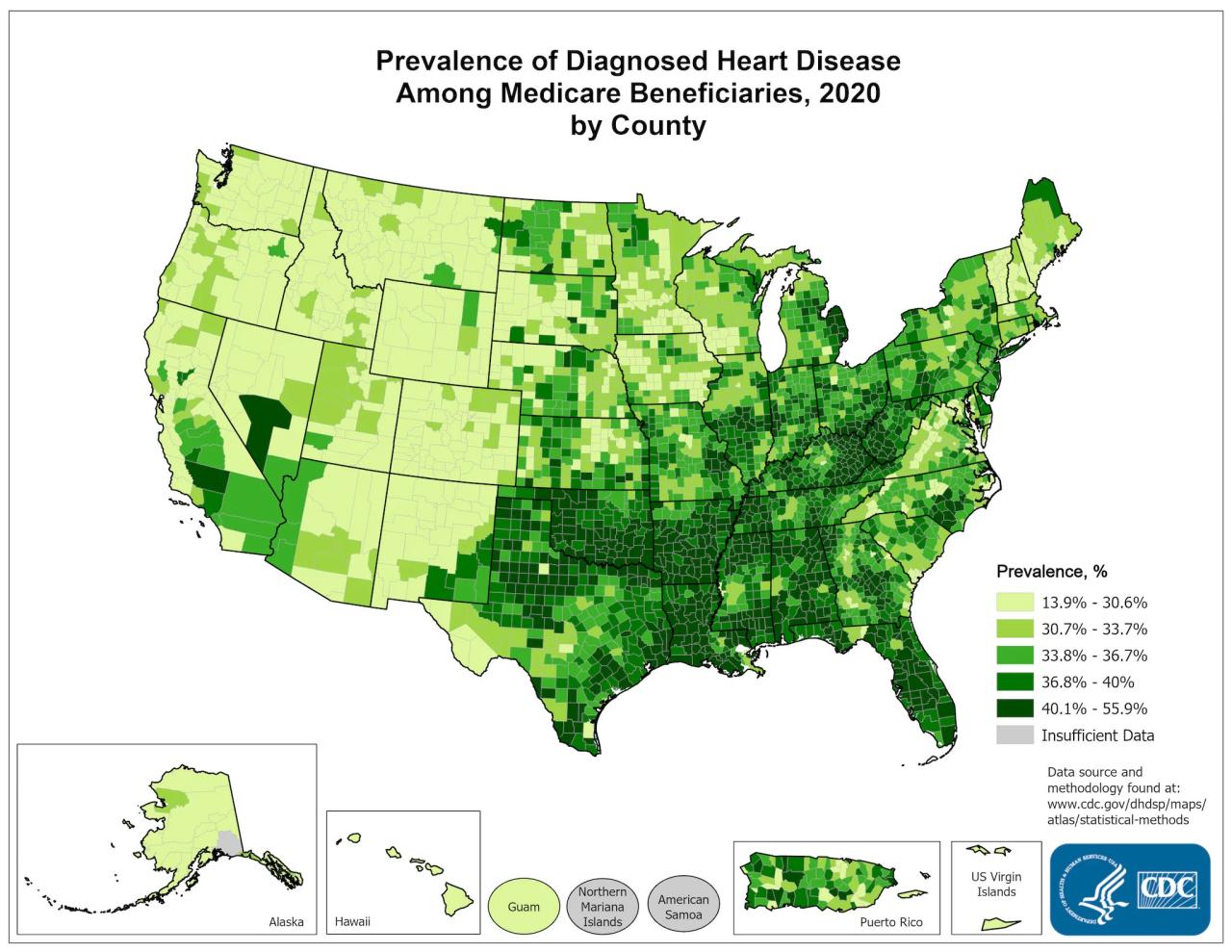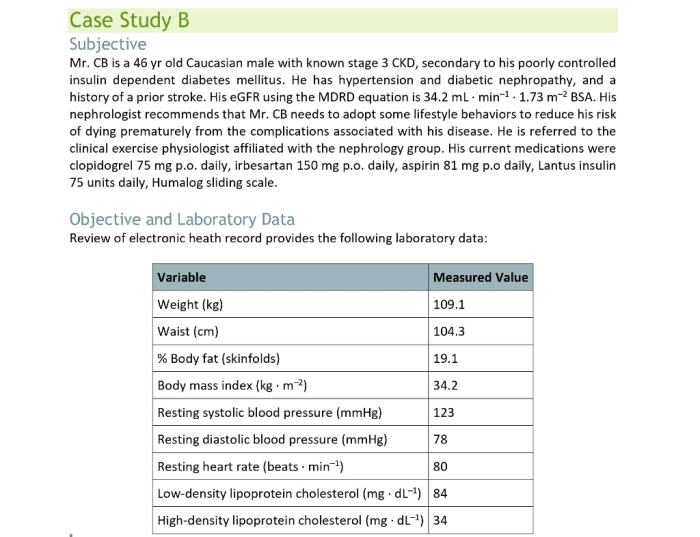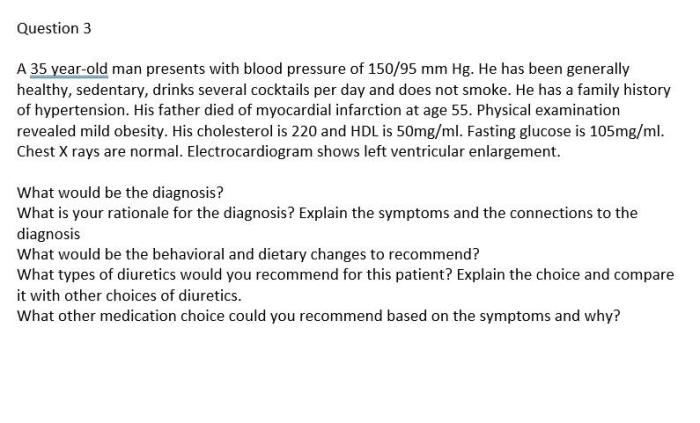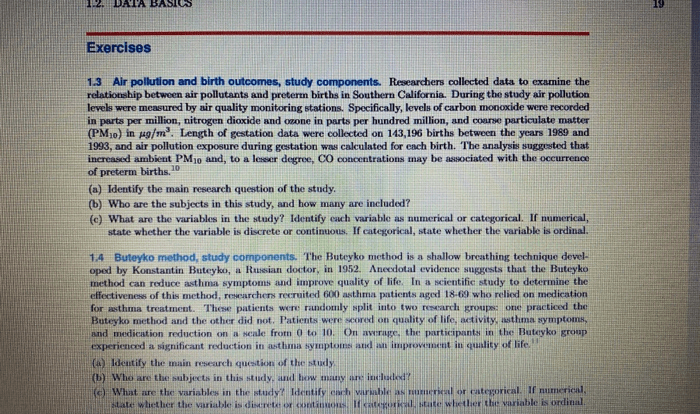Lisa’s grandmother was recently diagnosed with heart disease – Lisa’s grandmother’s recent heart disease diagnosis has sent shockwaves through her family, raising concerns about her well-being and the challenges that lie ahead. This article delves into the implications of this diagnosis, exploring its potential impact on Lisa’s grandmother, her family, and the treatment options available.
As we navigate this complex topic, we will examine the physical and emotional effects of heart disease, the challenges of providing support and care, and the importance of prevention and education. Our aim is to provide a comprehensive understanding of this condition and empower readers with the knowledge and resources they need to support their loved ones and promote heart health.
Lisa’s Grandmother’s Heart Disease Diagnosis: Implications and Insights: Lisa’s Grandmother Was Recently Diagnosed With Heart Disease

Lisa’s grandmother has recently been diagnosed with heart disease, a condition that affects the heart and its ability to function properly. This diagnosis has significant implications for her grandmother’s health, well-being, and the lives of her loved ones. This article analyzes the impact of this diagnosis and provides insights into the challenges and opportunities that lie ahead.
Impact on Lisa’s Grandmother
Heart disease can have a profound impact on an individual’s physical and emotional health. Lisa’s grandmother may experience symptoms such as chest pain, shortness of breath, fatigue, and swelling in the legs. These symptoms can limit her daily activities, affect her quality of life, and increase her risk of other health complications.
In addition to the physical toll, heart disease can also take an emotional toll. Lisa’s grandmother may experience anxiety, depression, and a sense of loss of control over her health. She may worry about the future and the impact of her condition on her loved ones.
Impact on Lisa and Family
Lisa and her family are likely to be deeply affected by their grandmother’s diagnosis. They may experience a range of emotions, including sadness, fear, and guilt. They may also face challenges in providing support and care for their grandmother while managing their own lives.
The financial and logistical burdens of caring for a loved one with heart disease can be significant. Lisa and her family may need to make adjustments to their schedules, arrange for transportation to appointments, and cover the costs of medications and other medical expenses.
Treatment Options and Management
The treatment options for heart disease vary depending on the severity of the condition. Common treatments include medications to control blood pressure, cholesterol, and heart rate; lifestyle modifications such as diet, exercise, and smoking cessation; and surgical interventions such as angioplasty and bypass surgery.
Healthcare professionals play a vital role in managing heart disease and monitoring the patient’s progress. They provide guidance on treatment options, lifestyle changes, and self-management strategies. Adherence to treatment plans and lifestyle changes is crucial for managing the condition and improving outcomes.
Support and Resources
Lisa and her family can benefit from seeking support from various sources. Support groups, organizations, and online resources can provide information, guidance, and emotional support to those affected by heart disease.
Professional counseling or therapy can be helpful in coping with the challenges of heart disease. A therapist can provide a safe and supportive space to process emotions, develop coping mechanisms, and improve communication within the family.
Prevention and Education, Lisa’s grandmother was recently diagnosed with heart disease
Preventive measures are crucial in reducing the risk of heart disease. Lifestyle modifications such as a healthy diet, regular exercise, stress management, and avoiding tobacco use can promote heart health.
Resources and programs that promote heart disease awareness and education are available. These initiatives aim to increase knowledge about the condition, its risk factors, and the importance of early detection and prevention.
Question & Answer Hub
What are the common symptoms of heart disease?
Symptoms can vary depending on the individual, but may include chest pain or discomfort, shortness of breath, fatigue, and swelling in the legs, ankles, and feet.
How is heart disease treated?
Treatment options may include medications, lifestyle modifications such as diet and exercise, and in some cases, surgical interventions.
What are the risk factors for heart disease?
Risk factors include high blood pressure, high cholesterol, diabetes, obesity, smoking, and a family history of heart disease.
How can I prevent heart disease?
Preventive measures include maintaining a healthy weight, eating a balanced diet, engaging in regular physical activity, managing stress, and avoiding smoking.



